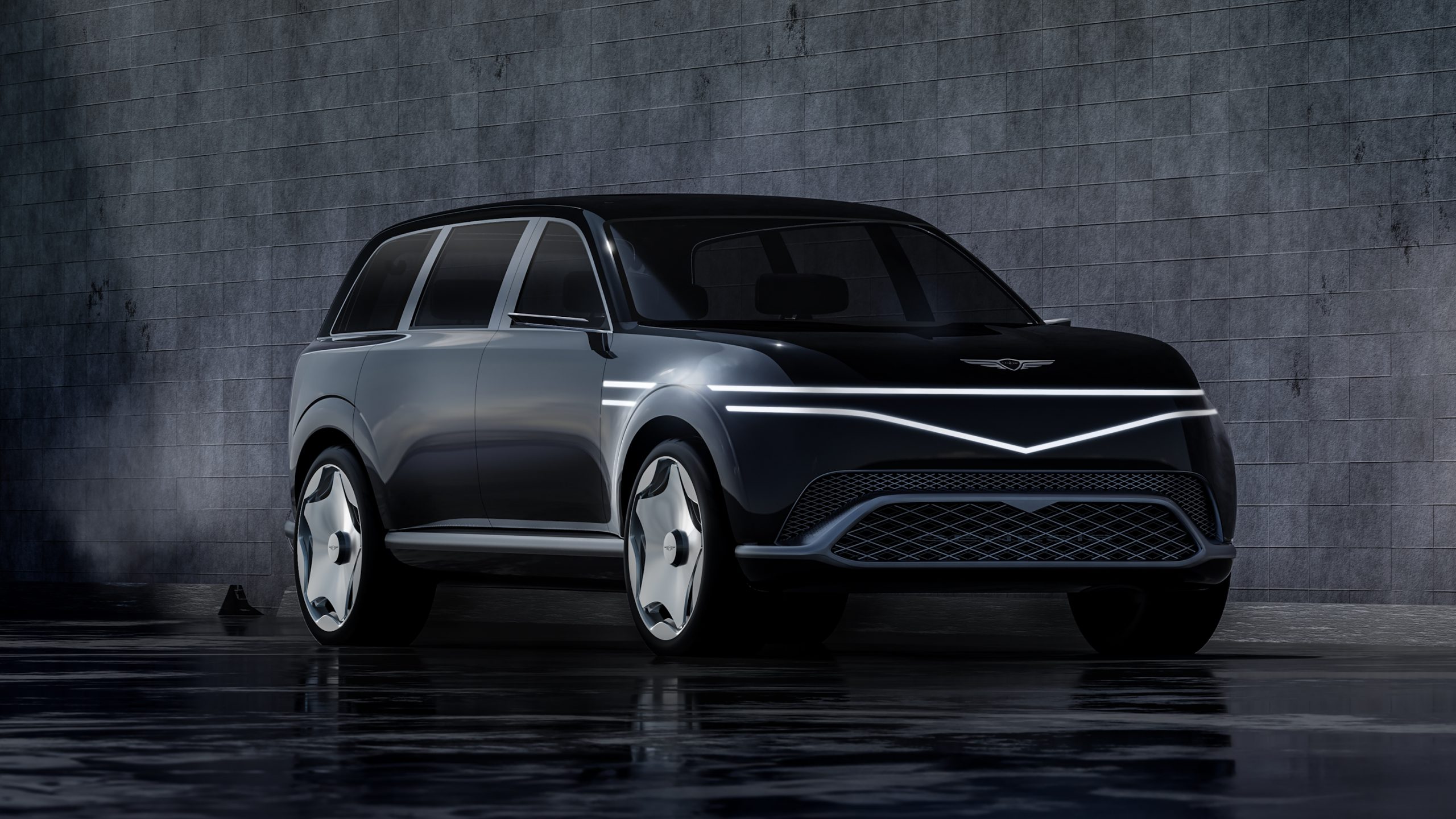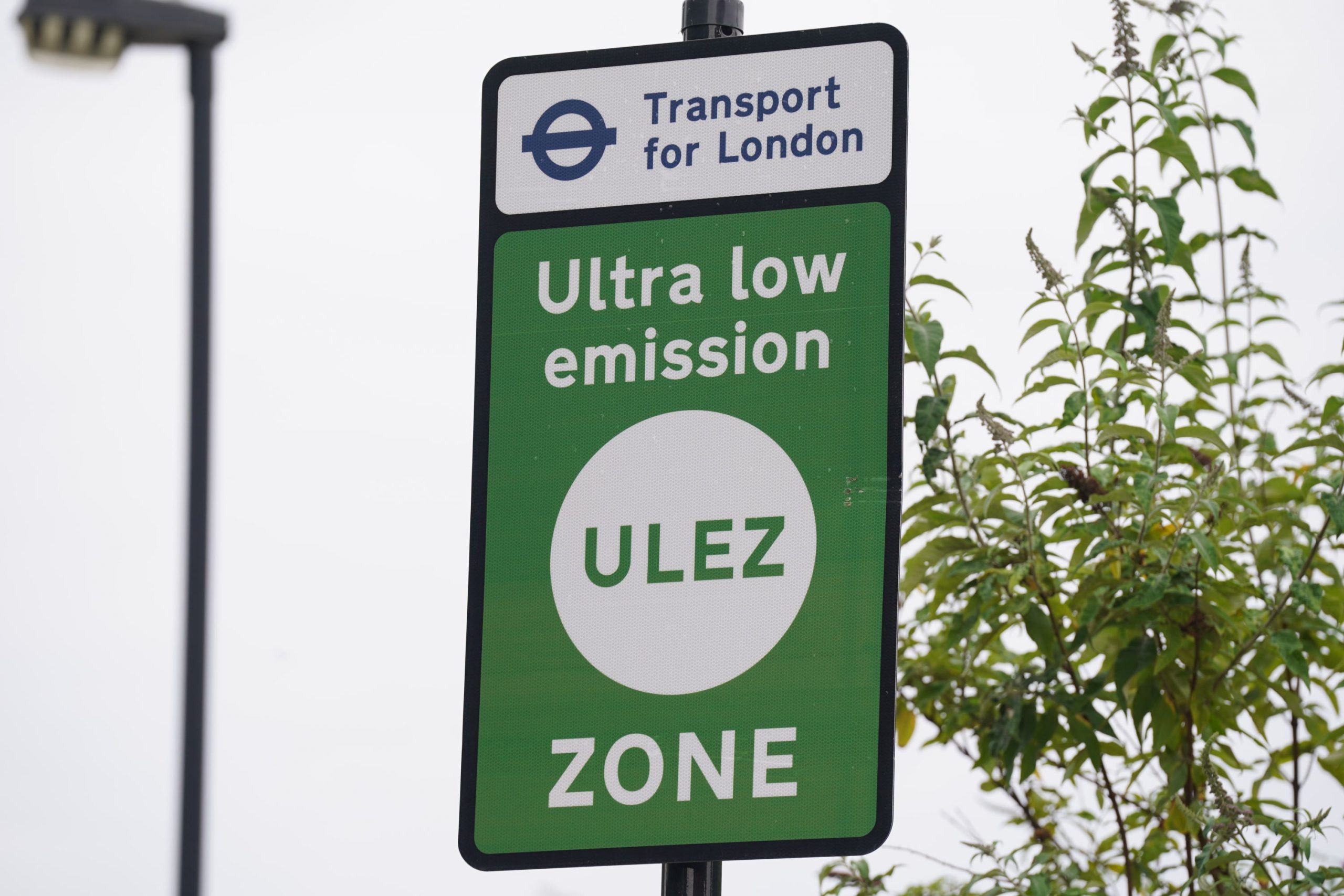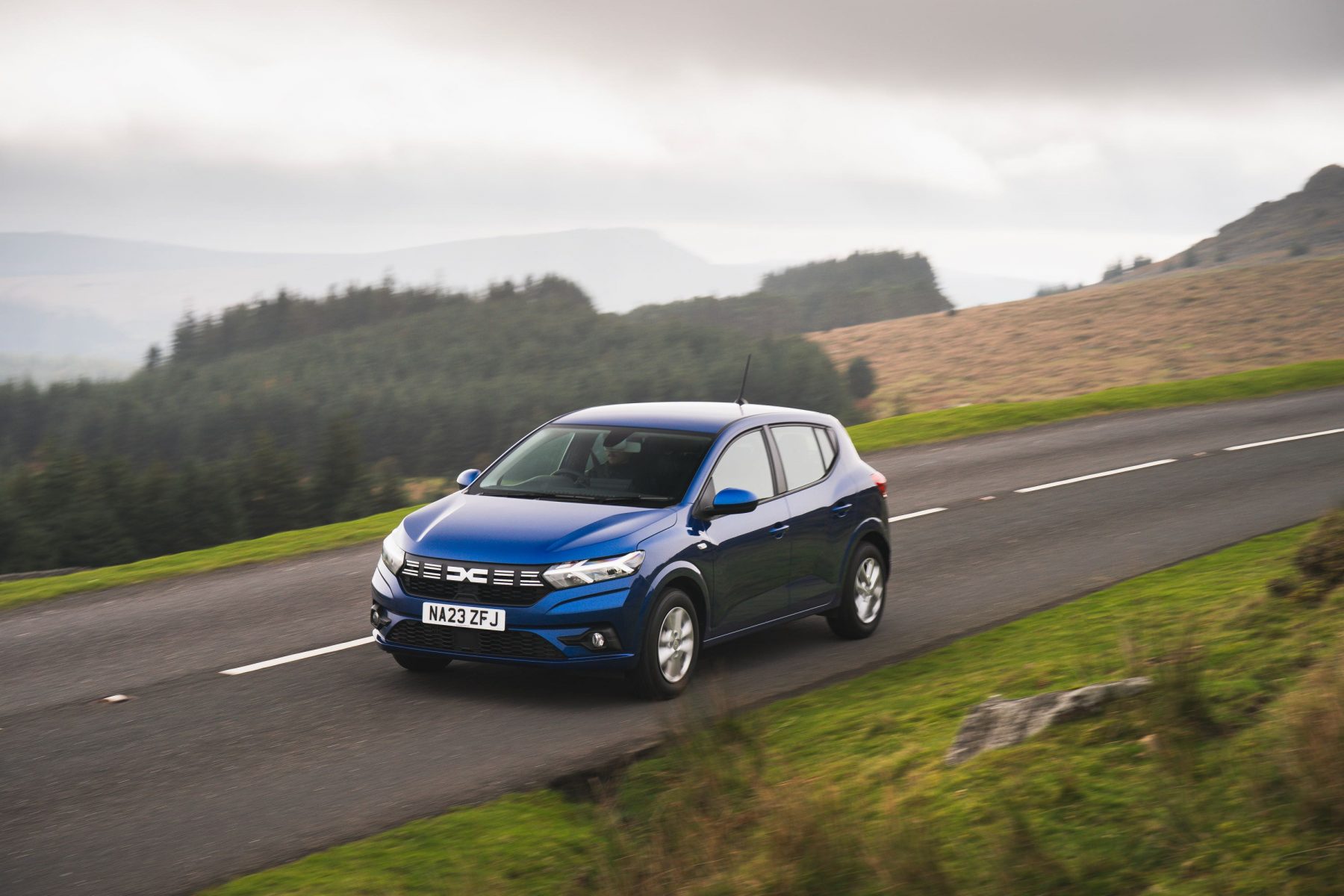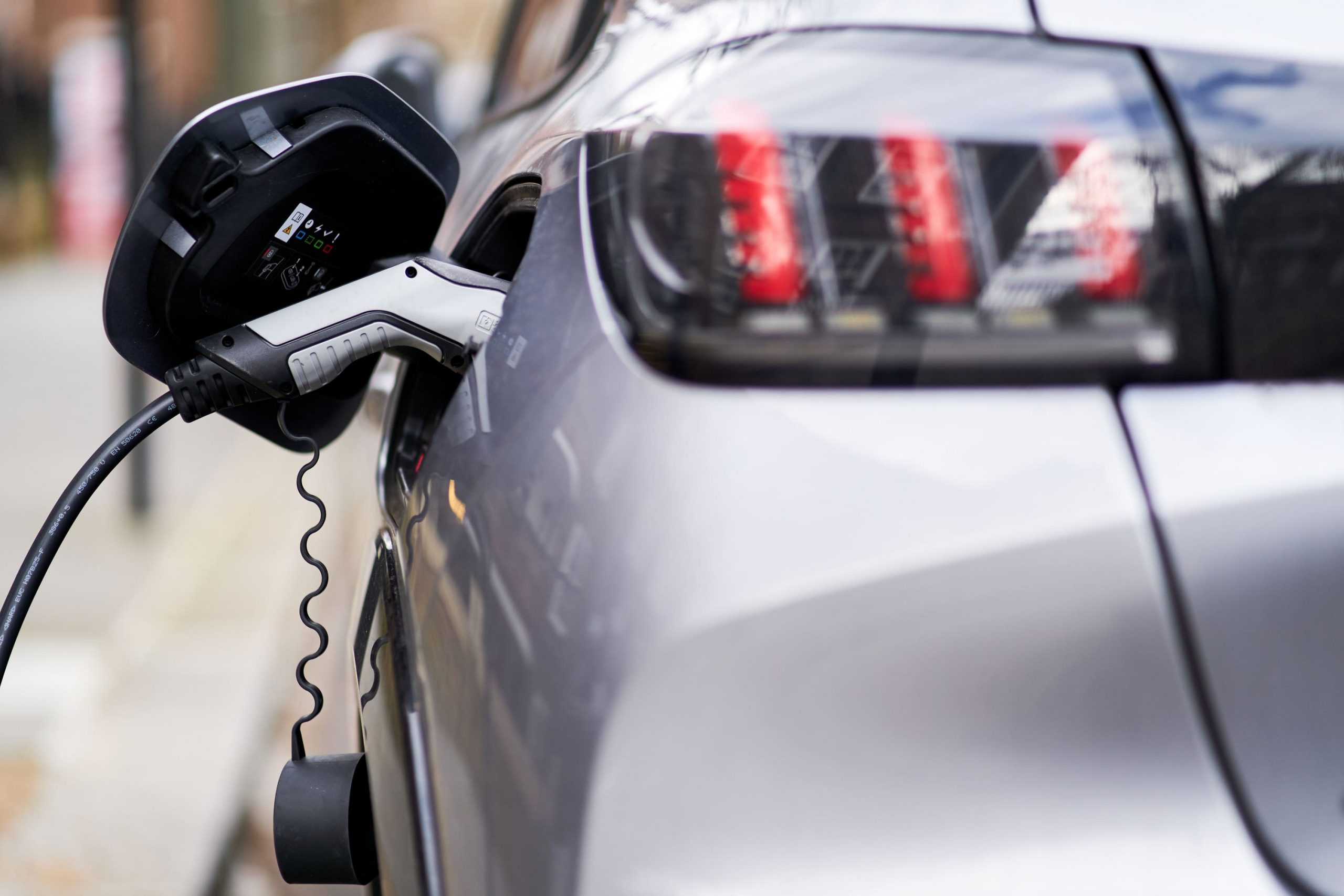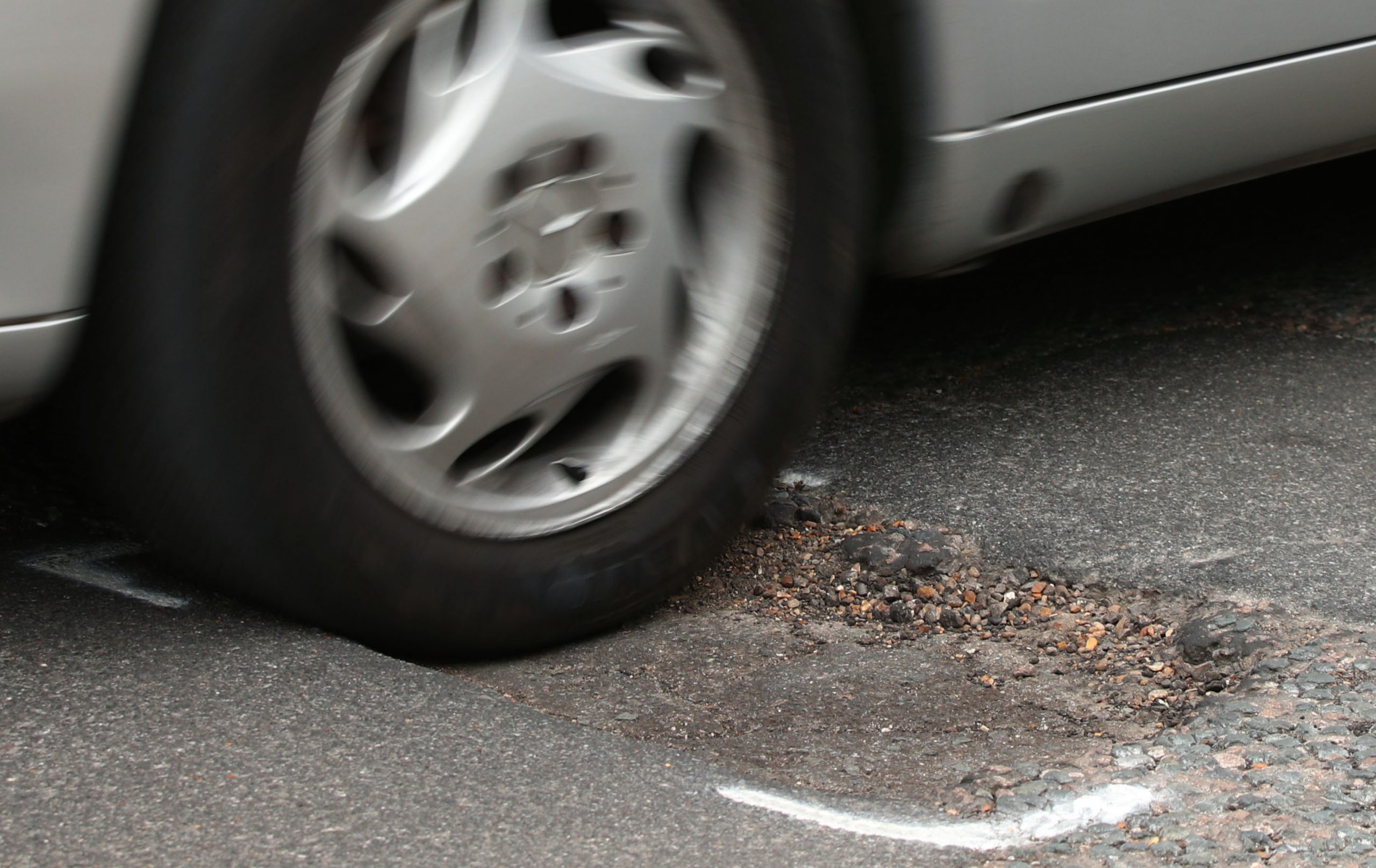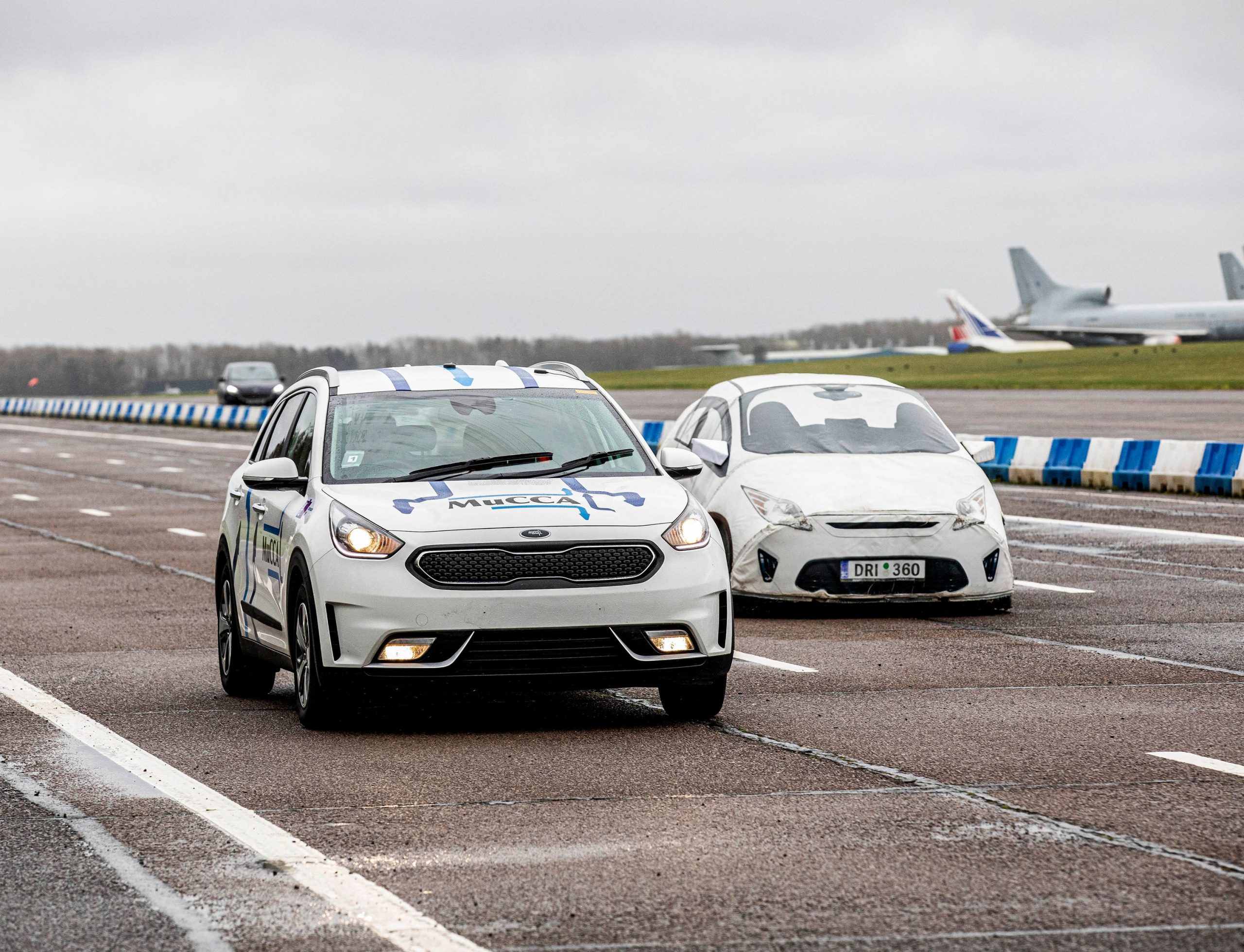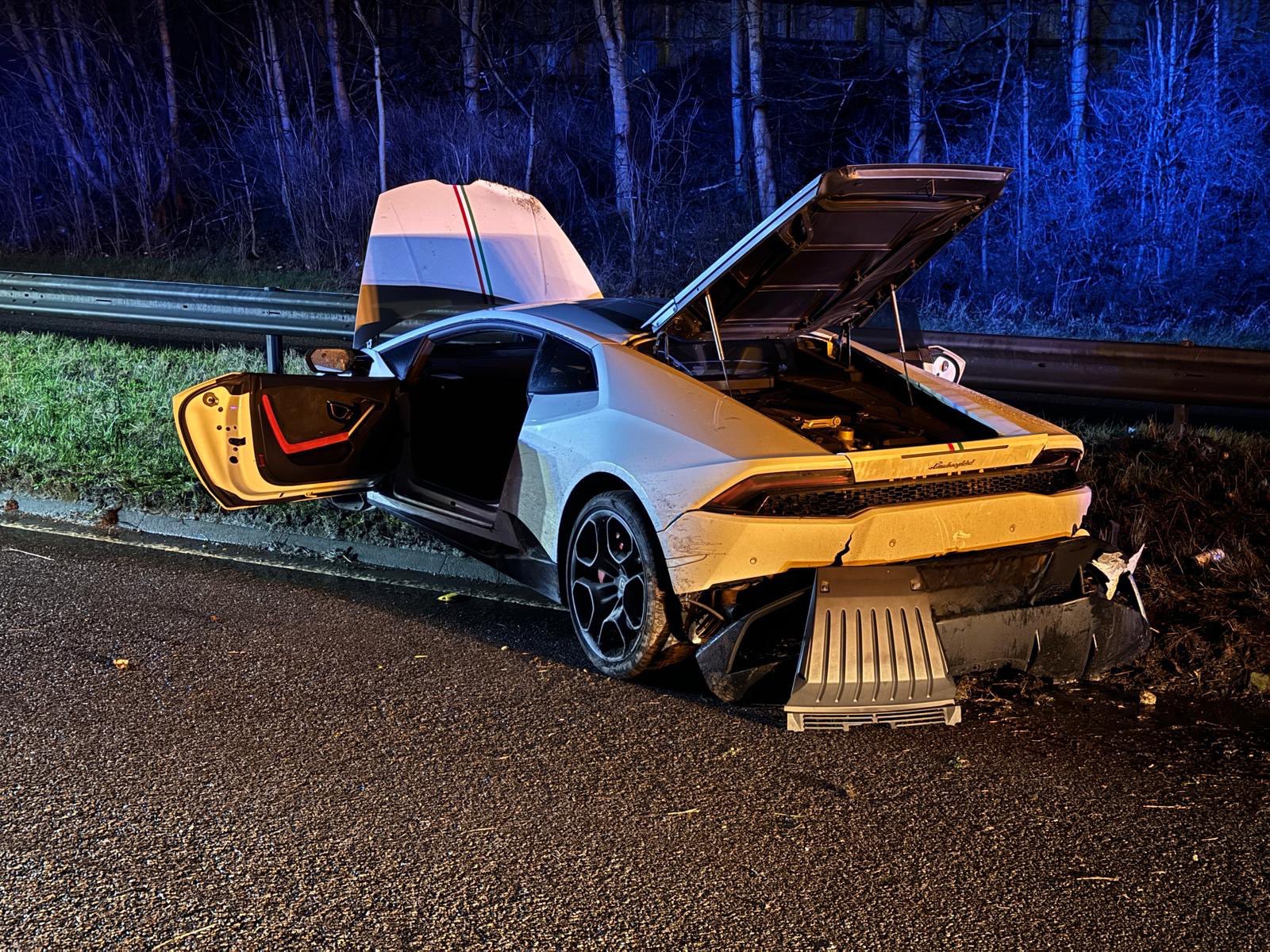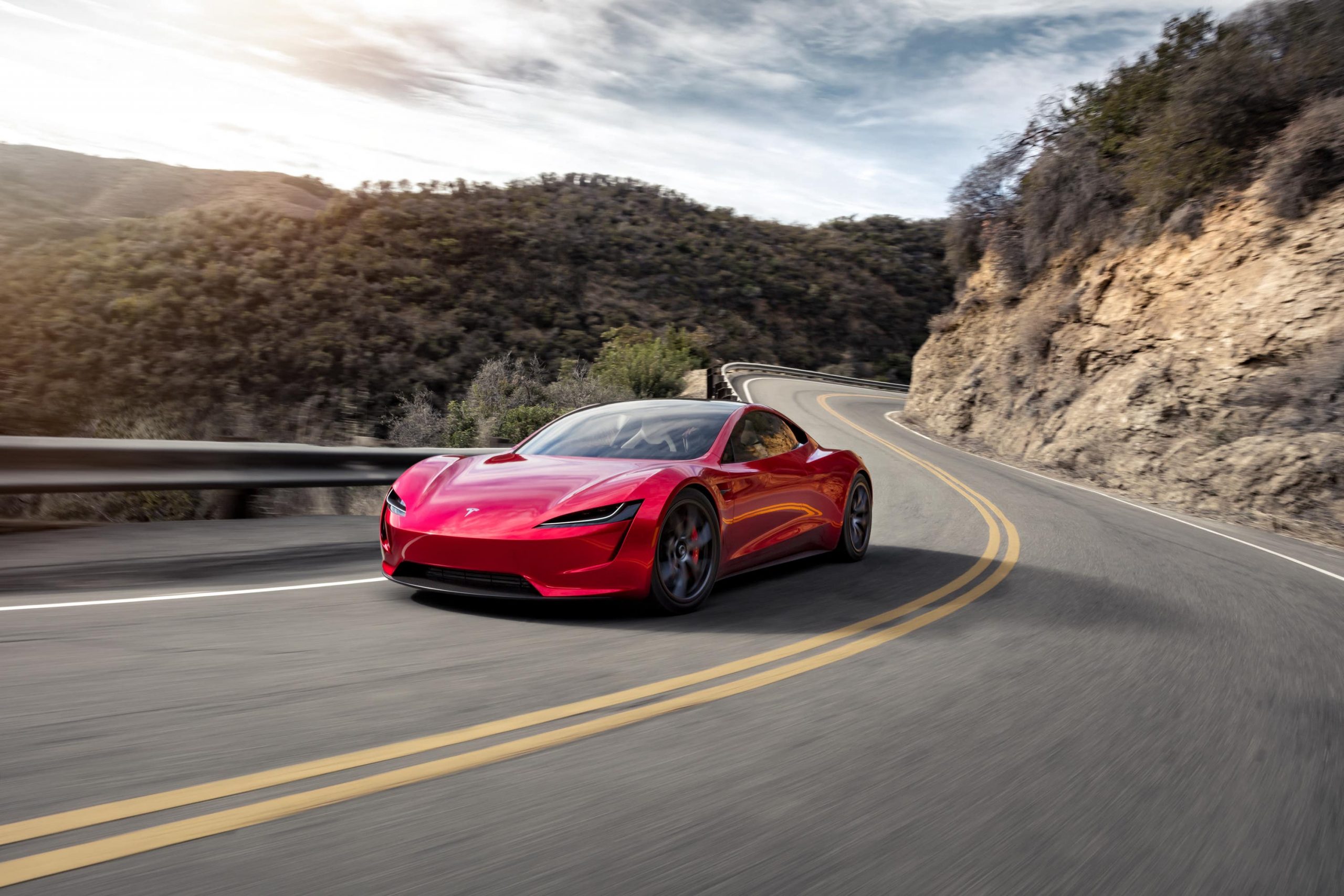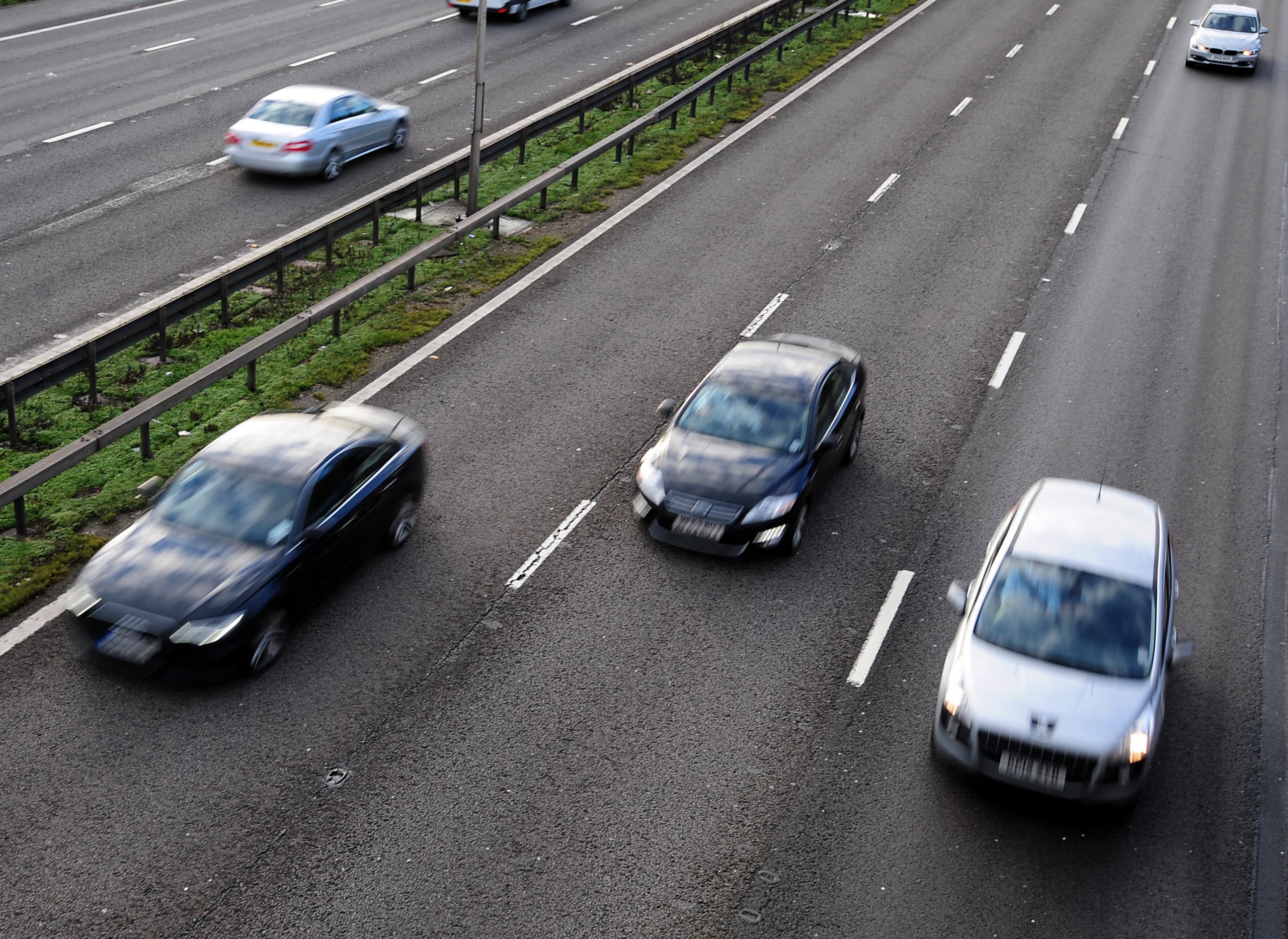Driverless cars have been described as a “game-changer”, despite MPs expressing concerns on safety and the potential weaponisation of autonomous vehicles.
Transport Secretary Mark Harper told the Commons that the Automated Vehicles Bill is part of the Government’s plans to make the UK “the natural home for the self-driving vehicle industry”.
The Bill aims to set the legal framework for the safe deployment of self-driving vehicles.
During its second reading, Mr Harper suggested the Bill will help the industry take root and would be a “game-changer” for road safety.
He later added: “Despite Britain having some of the safest roads in the world, it is a reality that the levels of serious injury and road deaths remain too high.
“That could soon change, as I said, if we can eliminate driver error which is involved in 88% of road collisions, you could actually get to the point where self-driving vehicles were a game-changer for road safety.
“They don’t drink and drive, they don’t get stressed, they don’t get distracted, they don’t speed, they don’t get tired and they don’t bend the rules of the road or push their luck.”
Mr Harper also said self-driving cars could help improve accessibility, adding: “For example, giving those who cannot drive at the moment, such as the 340,000 people who are registered blind or partially-sighted, new options to travel independently, opening doors to economic and social opportunities that so far have remained closed.”
Labour MP Clive Efford (Eltham) urged the Transport Secretary to ensure that the makers of self-driving car technology cannot cover “their own backs” if accidents happen.
Mr Efford said: “We have also just experienced the Horizon scandal where the manufacturers themselves had access to the technology. What security have drivers got that we won’t have the designers of this software that will be governing these cars actually covering their own backs?”
Mr Harper replied: “One of the things we will have in place is a duty of candour. We are also going to be setting up a regulatory process with investigations of every self-driving vehicle involved in an incident.
“But importantly, the manufacturers will be legally obliged to have that duty of candour to disclose the information so that these issues can be got to the bottom of.”
Transport committee chairman Iain Stewart said there is a possibility of self-driving cars being “hacked by malevolent actors”.
The Conservative MP told the Commons: “That’s where you have what might be called a ‘black swan event’ where there is a significant, co-ordinated cyber attack that instructs many vehicles simultaneously to behave in a way that could cause mass public injury.
“The instruction might come to drive at high speed, turn sharp right into a crowded pedestrian area. The concern is that as things stand, the absence of a mutualisation of risk potentially could lead to such level of claims that would bankrupt the car insurance sector.”
Mr Stewart flagged several other areas in relation to safety, saying that the committee did have concerns “that the broad definition of self-driving vehicles being as safe as a competent or careful human driver were just a bit too vague and weak”.
He added: “The need to ensure that drivers have the relevant level of skill and experience to intervene when that technology requires them to do so, and as I said those are moments that are obviously going to be immediate and often in challenging conditions, and that’s going to require, I think, over and above what the general driving competence is and what the driver ought to do in those circumstances.”
Earlier in the debate Mr Stewart said “there are many, many upsides” to legislation on self-driving cars, adding: “To give some idea of the scale of this, figures from the Society of Motor Manufacturers and Traders estimate that by 2040 the annual economic impact to the country will be £66 billion.”
The shadow transport secretary Louise Haigh said driverless cars can play a “huge role” in reducing collisions caused by human error.
She told MPs: “It has been estimated that road collisions cost our economy as much as £43.2 billion in 2022 and that 85% of all road crashes involve an element of human error.
“Automated vehicles can play a huge role in reducing that human error, avoiding tragic accidents and helping to reduce the burden on the state in the process.”
The Bill will undergo further scrutiny at committee stage at a later date.


